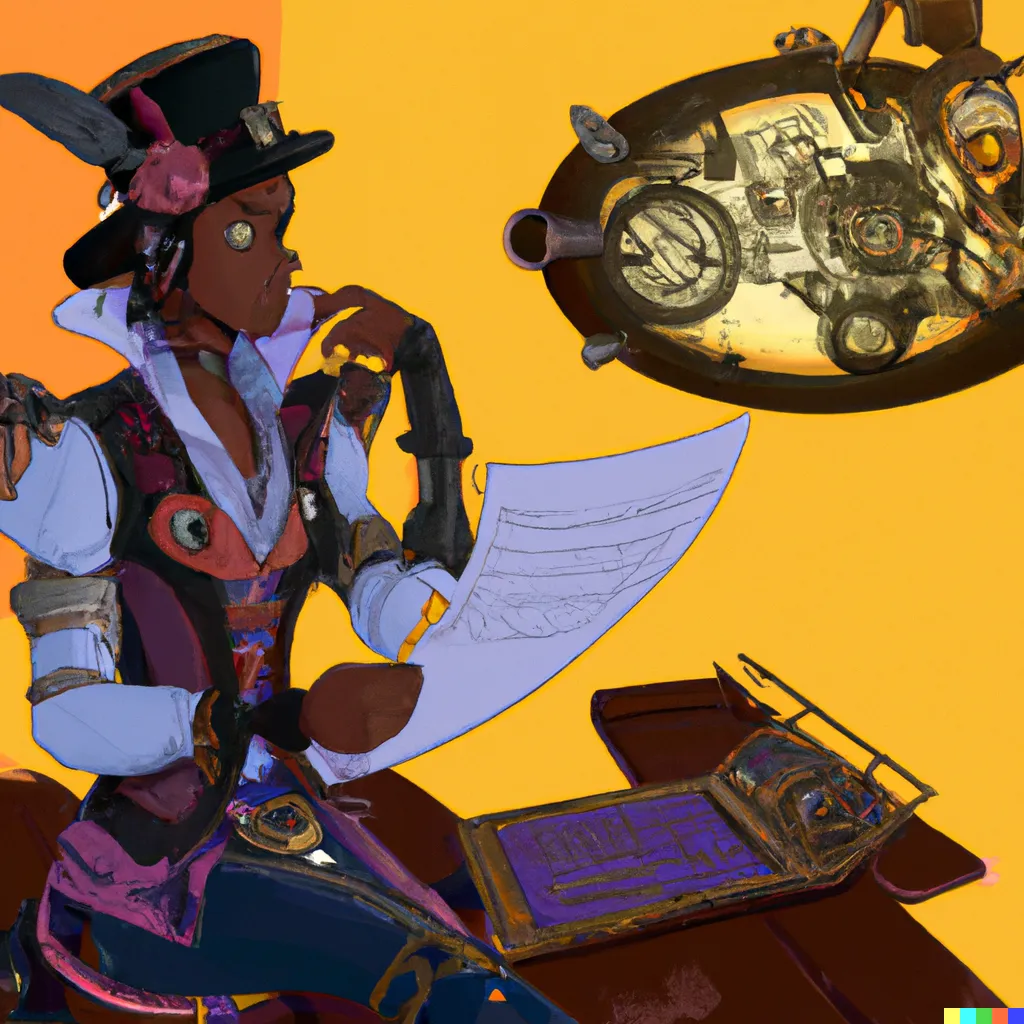
When shouldn't my company apply for a patent?
When it comes to protecting a product, a patent is often the first thing that comes to mind. However, for a startup or other company, applying for a patent may not always be the best option.
Here are five scenarios when it might not be appropriate for a startup or other company to apply for a patent for a product:
1. The product is not unique or novel
A patent is only granted if the invention is novel and non-obvious. If the product is not unique or novel, then it is unlikely that a patent will be granted.
2. The product is not commercially viable
A patent is only useful if the product is commercially viable. If the product is not likely to be profitable or successful in the marketplace, then it may not be worth the cost of applying for a patent.
3. The product is not likely to be copied
If the product is not likely to be copied or imitated, then there may not be a need to apply for a patent.
4. The company does not have the resources to pursue a patent:
The harsh reality is that patents are not accessible to every inventor or every company due to cost. Patents are expensive and require a significant amount of time and effort to obtain. If the company does not have the resources to pursue a patent, then it may not be worth the cost.
Applying for a patent is a decision that should be made on a case-by-case basis. If the product is unique, commercially viable, and likely to be copied, then a patent may be worth pursuing. However, if the product is not unique, not commercially viable, not likely to be copied, or the company does not have the resources to pursue a patent, then it may not be appropriate for the company to apply for a patent.
Schell IP's mission is to leverage artificial intelligence in all aspects of the patenting process to create more valuable intellectual property assets.
If you would like to discuss a specific product concept requiring patent protection or speak with a patent lawyer, feel free to contact the Schell IP team.
If you would like to discuss a specific product concept requiring patent protection or speak with a patent lawyer, feel free to contact the Schell IP team.
The content of this website is not intended as legal advice. If you have any question pertaining to a specific matter, speak with an attorney.

